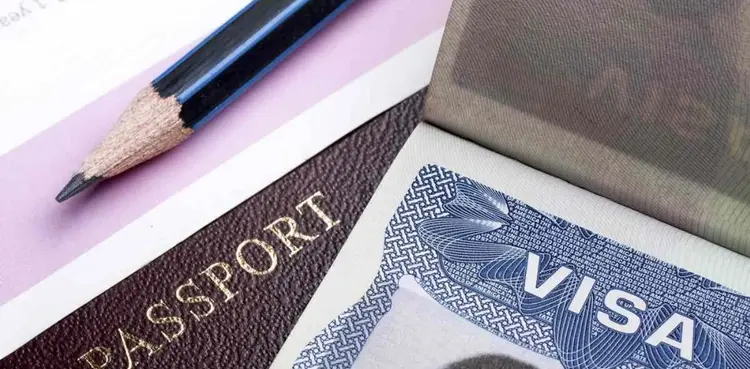Iceland has unveiled a new visa programme for remote workers, offering digital nomads the chance to live and work in the country.
The programme, aimed at attracting foreign workers to the country, will allow digital nomads to work and stay in the country for up to six months.
The initiative caters to professionals from non-EEA/EFTA countries who wish to work remotely for foreign employers or as self-employed individuals while enjoying Iceland’s stunning landscapes and vibrant culture.
The Iceland visa for digital nomads will allow remote workers to stay in Iceland for three months to six months, depending on when they apply.
Digital nomads applying from their home country before arriving in Iceland can secure a visa valid for up to 180 days, while those already in the Schengen area may receive a visa for up to 90 days.
Read more: Spain introduces Digital Nomad Visa for Pakistanis at Rs21,500
However, such visa holders will not be able to work for local employers or participate in the local labor market.
Additionally, the remote workers with Iceland visa will be allowed to bring their spouses and children under 18 to the country on visas as family members, provided they are exempt from Schengen visa requirements.
However, visa holders will not receive an Icelandic ID number (kennitala), emphasising the temporary nature of their stay.
Eligibility criteria for Iceland visa for remote workers:
To qualify for the visa, applicants must meet the following conditions:
Be a citizen of a country outside the EEA/EFTA.
Be exempt from needing a visa to enter the Schengen area.
Not have received a long-term visa from Icelandic authorities in the past 12 months.
Intend to work remotely, either as an employee of a foreign company or as a self-employed individual, with no plans to settle permanently in Iceland.
Demonstrate a monthly foreign income of at least ISK 1,000,000 ($7,200) or ISK 1,300,000 (approximately $9,400) if applying with a spouse or partner.
Application process and requirements:
The application process is paper-based, requiring submission to the Directorate of Immigration in Kópavogur or at District Commissioners’ offices outside the capital.
A processing fee of ISK 12,200 (approximately $88) must be paid via bank transfer, with the receipt included in the application. Required documents include:
A valid passport with copies of personal information, signature, visas, and Schengen entry/exit stamps.
A recent passport photo (35×45 mm).
Proof of health insurance valid for the stay.
Employment or self-employment confirmation, such as a contract or letter from a foreign employer.
Evidence of sufficient income, such as an employment contract or project agreements.
For family members, additional documents like marriage certificates, birth certificates, or custody papers are required.
Incomplete applications may lead to delays or rejection, and applicants must contact the Directorate of Immigration upon arrival to finalise visa issuance.
Visa, Immigration and Citizenship Acquisition- All Updates
Benefits and limitations
Holders of the Iceland visa for remote workers can explore the country’s environment while continuing their professional commitments remotely.
It also permits stays in other Schengen countries for up to 90 days within a 180-day period. However, the programme is strictly for remote work and does not support integration into Iceland’s labor market or long-term residency.
This visa reflects Iceland’s growing appeal as a destination for digital nomads, combining its natural beauty, safety, and modern infrastructure with opportunities for remote professionals. For more details and to apply, visit Ísland.is.

